ellisonz
ellisonz's Journal60 Minutes: The Gardens of the Queen

Anderson Cooper takes viewers on an underwater adventure to one of the world's most vibrant coral reefs, an anomaly at a time when many of the world's reefs are in danger - or already dead.
Web Extras
60 Minutes cameras take you on an underwater adventure off the Cuban coast to one of the world's most pristine and vibrant coral reefs, known as the Gardens of the Queen. Anderson Cooper scuba dives with marine biologist David Guggenheim, dodging giant groupers and sharks, to explore this increasingly rare oasis. Scientists estimate that 25 percent of the world's reefs have died off and much of what's left is at risk.
---------
It takes some time to adjust to the routine wonders of this place, but after a while, even we began to feel like residents of the reef.
Guggenheim: You know, in the conservation world, the work that I do, a lot of it is pretty negative. You know? Things have gotten pretty bad. So to come to a place like this and see it so alive, you know, I feel like a teenager again. I feel like there really is hope.
Transcript: http://www.cbsnews.com/8301-18560_162-57344527/the-gardens-of-the-queen/?tag=contentMain;contentBody
Video: http://www.cbsnews.com/video/watch/?id=7392092n&tag=contentBody;storyMediaBox
You cannot watch this story and be indifferent to the plight of the underwater world...
'Don't Shoot': Stopping urban violence with sweet reason
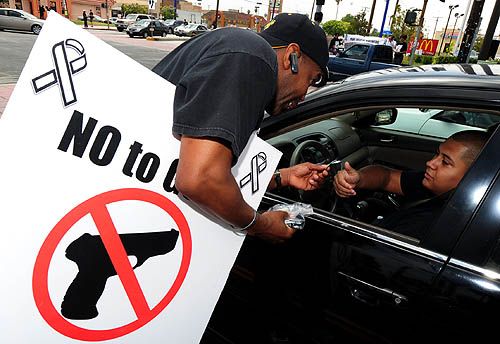
Mark Ralston/AFP/Getty Images
Gang interventionist the Rev. E. Winford Bell hands out peace message ribbons to motorists in Compton, Calif., on May 28. He is founder of the Silver Lining of Hope Crusade.
David Kennedy details how Operation Ceasefires truly reduced the killing in fractious city neighborhoods
Sunday, December 18, 2011
By Diana Nelson Jones, Pittsburgh Post-Gazette
Billions of dollars are poured into an unwinnable war on drugs. Gun violence has thinned the ranks of black men, and prisons have claimed others in alarming proportions. The intertwining of the two has become inextricable, and the result seems unsolvable.
In "Don't Shoot: One Man, A Street Fellowship and the End of Violence in Inner-City America," David Kennedy describes how the problem is solvable. His method has proved effective in city after city that wrestled together a collaboration of city officials, police departments, district attorneys, federal drug agents, probation and parole officers, ministers and street volunteers. Their secret ingredient? Reason.
The program, which piloted in Boston in the 1990s, became known as Operation Ceasefire. It was taken to Stockton, Calif.; Minneapolis; East St. Louis, Ill.; Baltimore; Cincinnati; Richmond, Va.; and many other cities that include Pittsburgh, where collaborations began in 2008.
It works this way: After the law enforcement team has run its data, collected its evidence and videos and connected the dots on who the players are, they call in the players for a meeting. They promise not to arrest anyone; in fact law enforcement wants to prevent one more arrest.
Read more: http://www.post-gazette.com/pg/11352/1197140-148.stm?cmpid=entertainment.xml#ixzz1gspWVJaj
Oahu parade honors Japanese-American WWII veterans
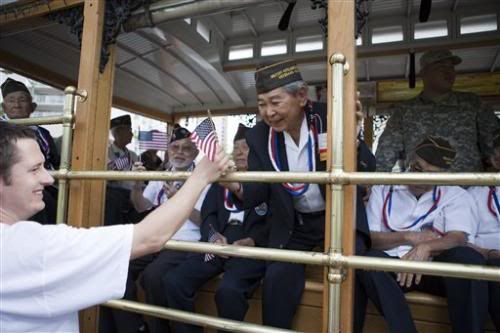
Alan Rhoads gives a flag to veteran Theodore Wakai before the start of a parade in Waikiki honoring Japanese American WWII veterans, Saturday, Dec. 17, 2011 in Honolulu.
By Associated Press
POSTED: 07:23 a.m. HST, Dec 17, 2011
LAST UPDATED: 01:08 p.m. HST, Dec 17, 2011
Hundreds of Japanese-American World War II veterans have been honored with a parade in Honolulu — nearly 70 years after they volunteered to fight for their country even as the government branded them "enemy aliens."
The event Saturday celebrated the Congressional Gold Medal the veterans received in Washington, D.C., last month at a ceremony, which some did not attend because of fragile health.
About 200 of them rode through Waikiki in convertibles, troop carriers and trolleys, with a crowd of tourists, family and local residents cheering from the roadside.
-------
Two-thirds of the Japanese-Americans who served were from Hawaii.
http://www.staradvertiser.com/news/breaking/135737813.html
Four-Forty-Second Infantry— We're the boys of Hawai'i nei— We'll fight for you And the Red, White and Blue, And go to the front... And back to Honolulu-lulu. Fighting for dear old Uncle Sam Go for broke! HOOH! We don't give a damn! We'll round up the Huns At the point of our guns, And vict'ry will be ours! GO FOR BROKE! FOUR-FOUR-TWO! GO FOR BROKE! FOUR-FOUR-TWO! And vict'ry will be ours!
Wukan Revolt Begins Like Others, but Its End Is Less Certain
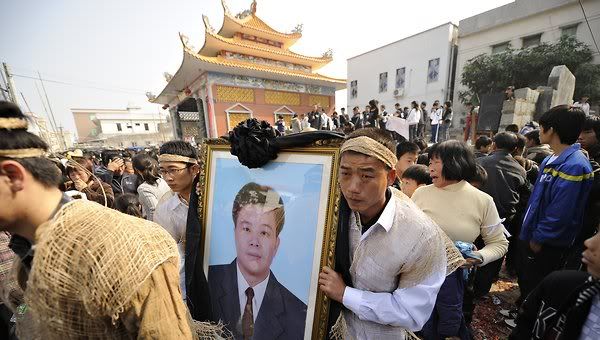
Relatives carried a picture of Xue Jinbo, who died in police custody after villagers chose him to negotiate a solution to a land deal in Wukan, China. Agence France-Presse - Getty Images
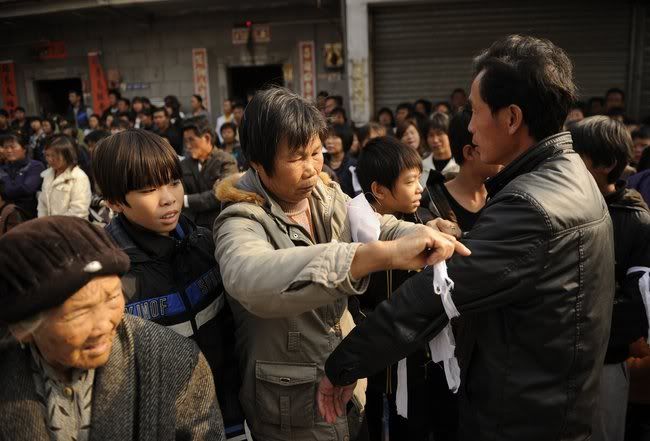
Villagers tied white ribbons on their arms before heading to a makeshift funeral alter to pay their respects to Mr. Xue. Agence France-Presse - Getty Images
By MICHAEL WINES
Published: December 16, 2011
WUKAN, China — Each day begins with a morning rally in the banner-bedecked square, where village leaders address a packed crowd about their seizure of the village and plans for its future. Friday’s session was followed by a daylong mock funeral for a fallen comrade, whose body lies somewhere outside the village in government custody.
------
It has been nearly a week since the 13,000 residents of this seacoast village, a warren of cramped alleys and courtyard homes, became so angry that their deeply resented officials — and even the police — fled rather than face them. Now, there is a striking vacuum of authority, and the villagers are not entirely sure what to make of their fleeting freedom.
“We will defend our farmland to the death!” a handmade banner proclaims, referring to a possible land deal they fear will strip them of almost all their farmland. “Is it a crime,” another muses, “to ask for the return of our land and for democracy and transparency?”
How long they will last is another matter. As the days pass, the cordons of police officers surrounding the village grow larger. Armored trucks and troop carriers have been reported nearby. On local television, a 24-hour channel denounces the villagers as “a handful of people” dedicated to sabotaging public order, with the names of protesters flashing on a blue screen, warning that they will be prosecuted. Many here fear this will all end badly. “The SWAT teams and the police here are acting like they’re crime organizations, not police forces,” said Chen Dequan, a 50-year-old farmer and fisherman. “The entire village is worried.”
Shi Da contributed research from Wukan, and Mia Li from Beijing. Sharon LaFraniere and Jonathan Ansfield contributed reporting from Beijing.
http://www.nytimes.com/2011/12/17/world/asia/wukan-revolt-takes-on-a-life-of-its-own.html?hp
http://en.wikipedia.org/wiki/2011_Lufeng_city_riot
Wukan is on the southern coast of the PRC...it seems they're going to need that 15% increase in domestic security spending. One day, the PRC will come crashing down.
Matisyahu shaves beard, drama ensues
Posted at 08:03 AM ET, 12/14/2011
Matisyahu shaves beard, drama ensues
By Sarah Anne Hughes
Matisyahu, with his signature beard. (Helayne Seidman - For The Washington Post) Matisyahu, the reggae rapper who brought Orthodox Judaism to mainstream music, revealed to the Twitterverse yesterday that he shaved off his trademark beard. The Internet seemed a little confused: Had Matisyahu left Judaism all together?
“No more Chassidic reggae superstar,” Matisyahu, born Matthew Paul Miller, wrote on his Web site. “Sorry folks, all you get is me … no alias.”
The musician, best known for his hit “King Without a Crown,” explained that he once thought he needed rules “to become a good person,” but said he is now “reclaiming myself. Trusting my goodness and my divine mission.”
“Get ready for an amazing year filled with music of rebirth,” he wrote. “And for those concerned with my naked face, don’t worry … you haven’t seen the last of my facial hair.”
http://www.washingtonpost.com/blogs/celebritology/post/matisyahu-shaves-beard-drama-ensues/2011/12/14/gIQATtFltO_blog.html?wprss=celebritology
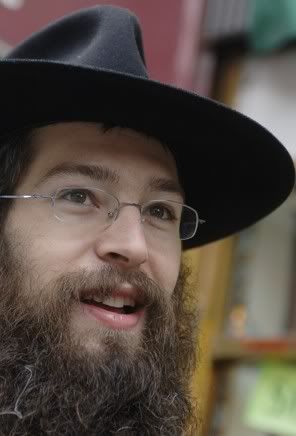
Matisyahu, with his signature beard. (Helayne Seidman - For The Washington Post)

matisyahu 3 days 22 hours ago Twitter
At the break of day I look for you at sunrise When the tide comes in I lose my disguise
Toons: Big Heads, Tebowing, Going Home and more. - 12/16/11
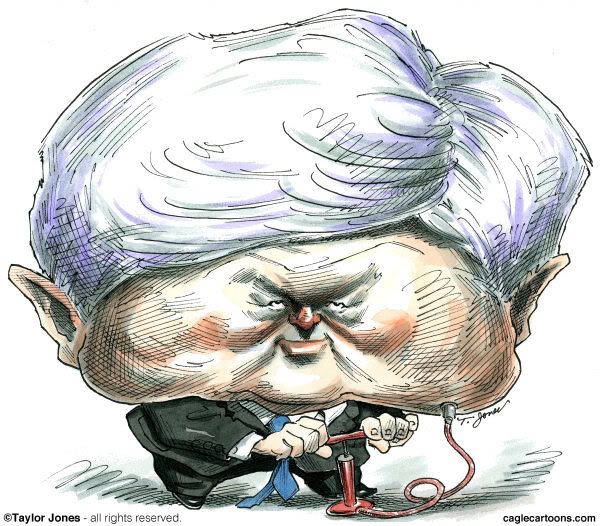
By Taylor Jones, Politicalcartoons.com - 12/16/2011
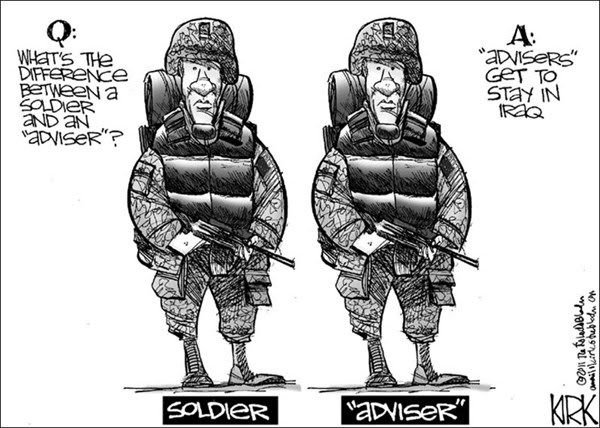
By Kirk Walters, Toledo Blade - 12/16/2011
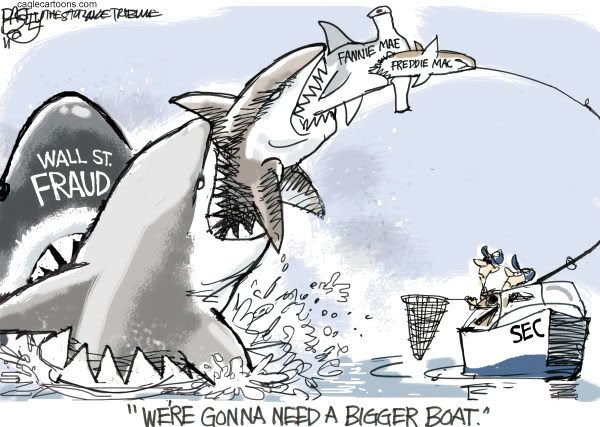
By Pat Bagley, Salt Lake Tribune - 12/16/2011

By Randall Enos, Cagle Cartoons - 12/16/2011
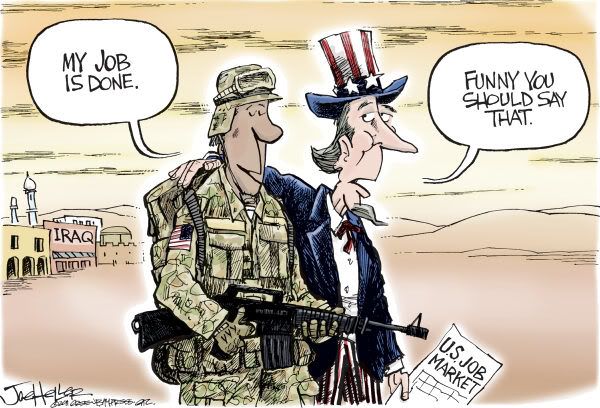
By Joe Heller, Green Bay Press-Gazette - 12/16/2011
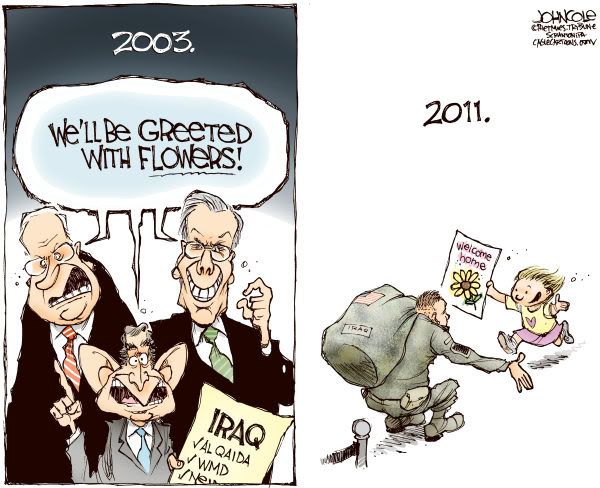
By John Cole, The Scranton Times-Tribune - 12/16/2011
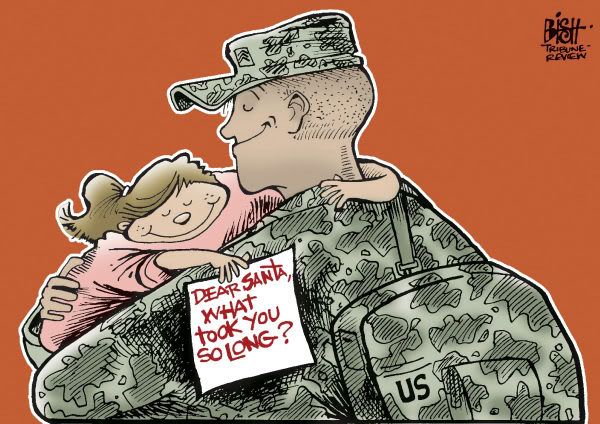
By Randy Bish, Pittsburgh Tribune-Review - 12/16/2011
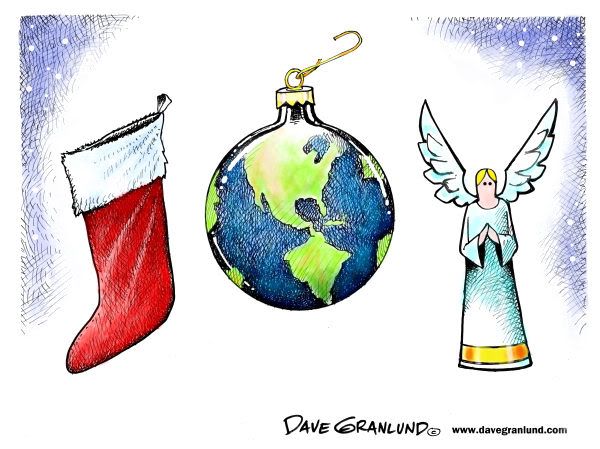
By Dave Granlund, Politicalcartoons.com - 12/16/2011
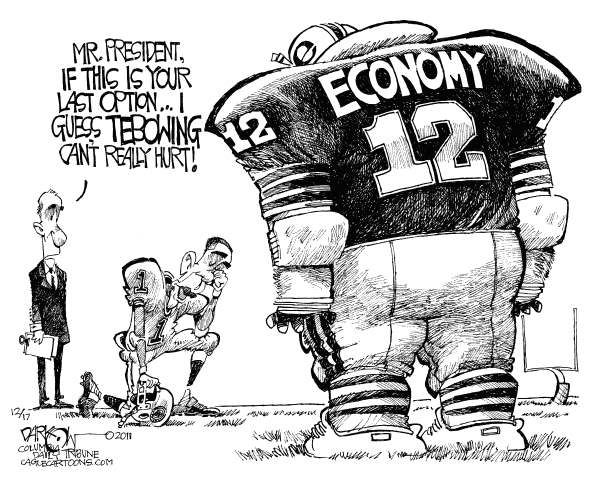
By John Darkow, Columbia Daily Tribune, Missouri - 12/16/2011
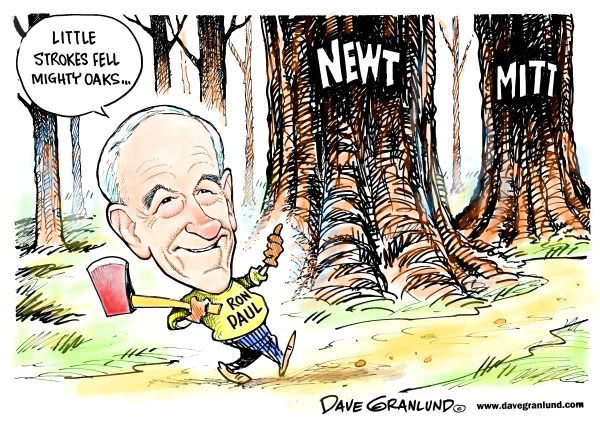
By Dave Granlund, Politicalcartoons.com - 12/16/2011
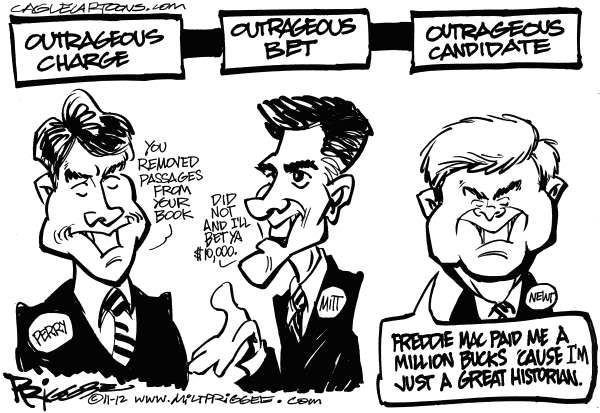
By Milt Priggee, www.miltpriggee.com - 12/16/2011
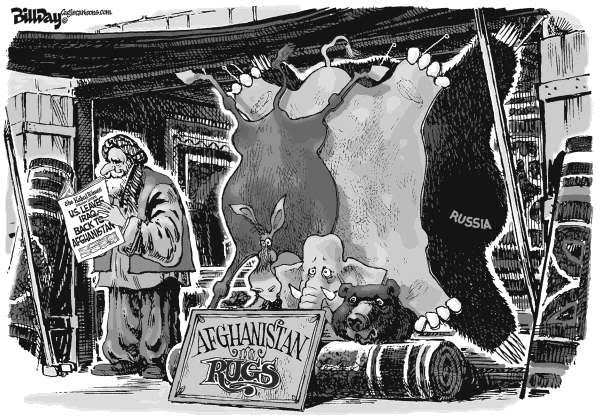
By Bill Day, Cagle Cartoons - 12/16/2011
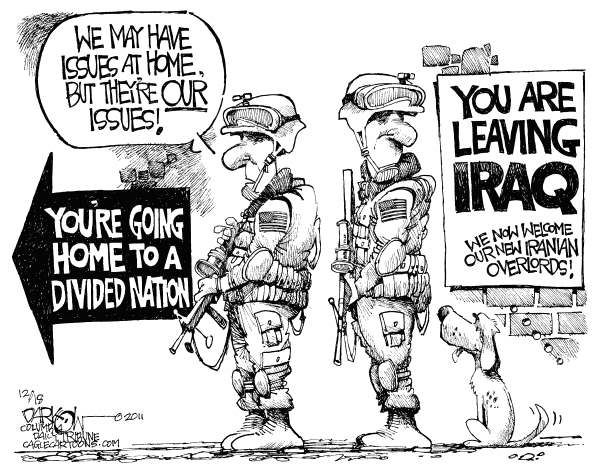
By John Darkow, Columbia Daily Tribune, Missouri - 12/16/2011
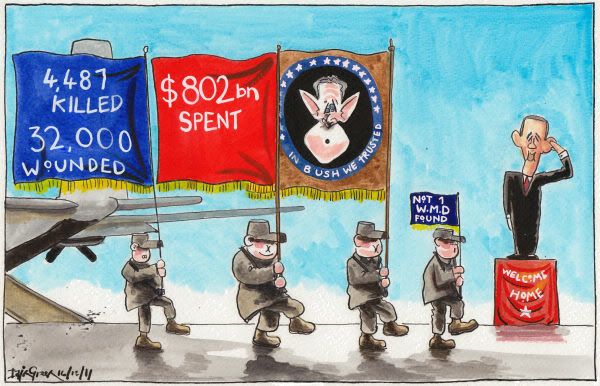
By Iain Green, The Scotsman, Scotland - 12/16/2011
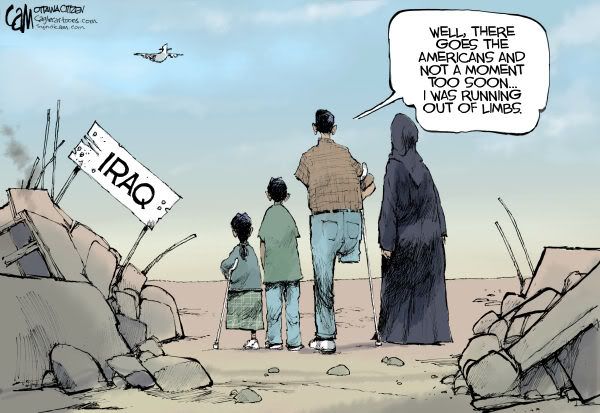
By Cardow, The Ottawa Citizen - 12/16/2011
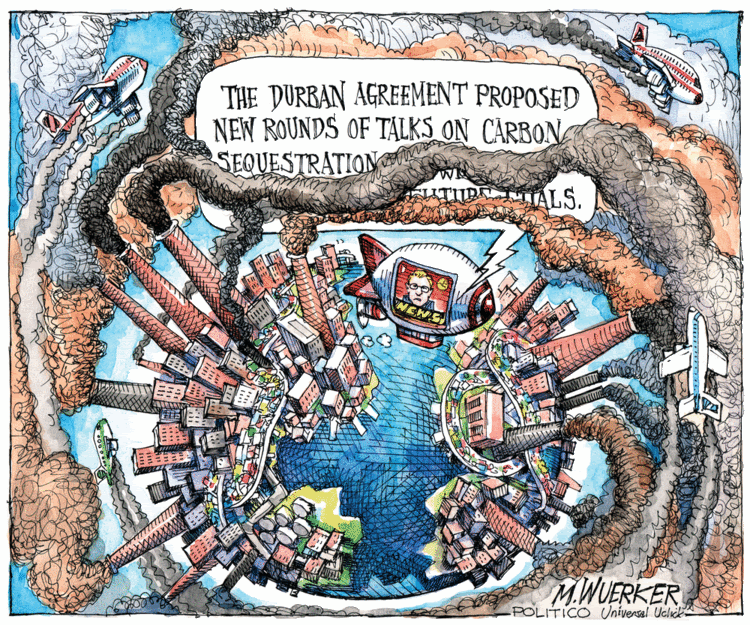
By Matt Wuerker - December 16, 2011
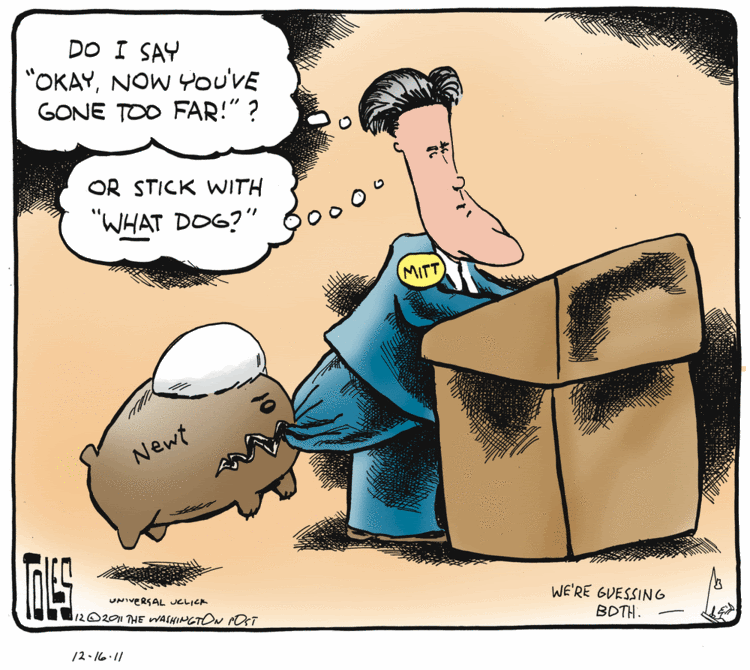
By Tom Toles - December 16, 2011
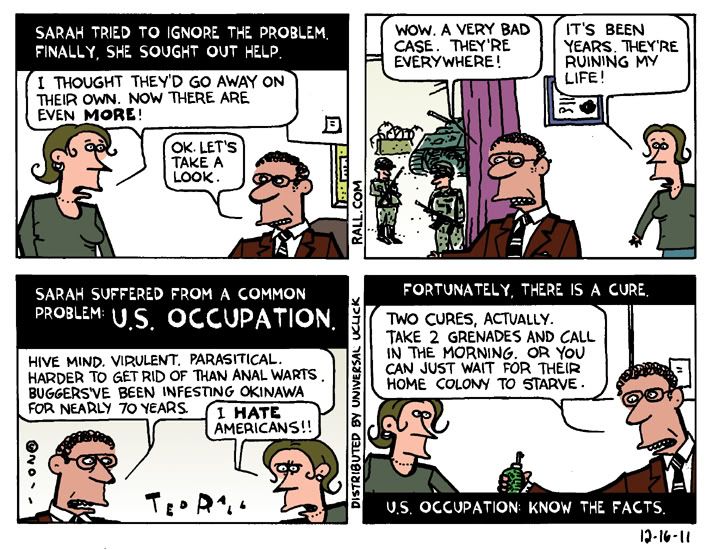
By Ted Rall - December 16, 2011
All previous editions can be found in my journal.
Point Click, Fire: An Undercover Investigation of Illegal Online Gun Sales
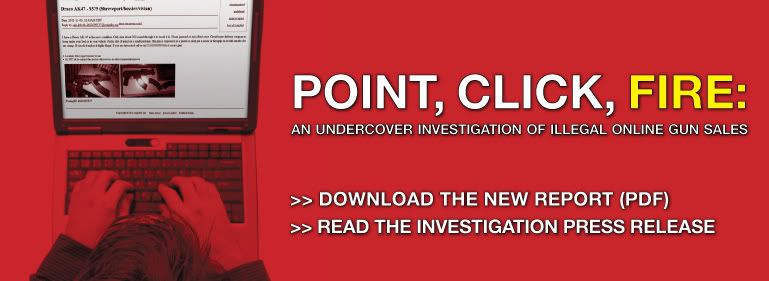
On December 14, 2011, the City of New York announced a first-of-its-kind undercover investigation of illegal online gun sales. The recordings below provide actual audio from the investigation, which covered 125 sellers from 14 states advertising on 10 websites.
The investigation uncovered a vast and unregulated online market for illegal guns. City investigators found:
62 percent of online sellers agreed to sell guns to investigators posing as buyers who couldn’t pass a gun background check – a felony under federal law.
82 percent of sellers on Craigslist agreed to sell guns to people they believed to be prohibited purchasers – though the website prohibits online firearms sales.
The accompanying report - Point Click, Fire: An Undercover Investigation of Illegal Online Gun Sales (PDF) - documents the extent of the online gun market, details the City’s investigative techniques, and offers recommendations on how illegal online sales can be prevented.
For media inquiries about the investigation, contact the New York City Mayor's office at 212-788-2958.
http://www.nyc.gov/html/cjc/html/news/gun.shtml
&
---------------------
What do you think of the City of New York's findings? Does this investigation change the way you think about the firearms industry? What do you think, if anything, ought to change with our firearms laws?
K&R if you loathe the Republican Party!
You knew it was coming...
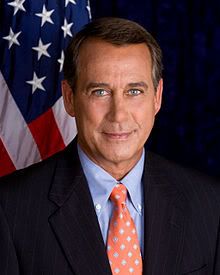
Speaker of the House John Boehner of Ohio

Senate Minority Leader Mitch McConnell of Kentucky
loathe
verb \ˈlōth\
loathed loath·ing
Definition of LOATHE
transitive verb
: to dislike greatly and often with disgust or intolerance : detest
— loath·er noun
Another Setback for Hawaiian Recognition
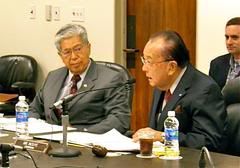
Jesse Broder Van Dyke
By Chad Blair 12/16/2011
U.S. Sen. Daniel K. Inouye is fond of saying, "There's more than one way to skin a cat."
Hawaii's senior senator is referring to his skill in maneuvering legislation favorable to the islands.
This week, however, the cat remained un-skinned as members of the U.S. House killed a provision in a bill that could have led to federal recognition of Native Hawaiians.
"This provision remained an active item of discussion between the members of the House and Senate Appropriations Committee until the very end," the senator said in a statement released Friday. "Unfortunately, it was opposed by members of the House, who wanted a variety of devastating anti-environmental riders which, if the Senate accepted, would have set back our nation’s air and water protections for many years to come."
http://www.civilbeat.com/articles/2011/12/16/14250-another-setback-for-hawaiian-recognition/
I get the feeling Inouye wants to get this done before his time is up. Damn the Republicans, and especially Mr. McCain and Mr. Jon Kyl for being the lead opponents just about every time: http://www.dkosopedia.com/wiki/Akaka_Bill
The Road to War between the U.S. and Japan was Paved by Irreconcilable Worldviews
12-7-11
John Gripentrog is Associate Professor at Mars Hill College near Asheville, NC. He received his Ph.D. at the University of Wisconsin-Madison in 2006. He teaches courses in both U.S. foreign relations and modern Japan. In addition to “The Transnational Pastime: Baseball and American Perceptions of Japan in the 1930s,” which appeared in Diplomatic History 34:2 (April 2010), he recently participated in an H-Diplo roundtable review of Michael Auslin’s Pacific Cosmopolitans. He is currently working on an interwar history of U.S.-Japan relations. This article is cross-posted from a roundtable on SHAFR's blog.
Anniversaries are not easy for the historian. Defining moments in history are typically commemorated in solemnity or regaled in celebration, both of which rely principally on emotional investment. For the historian, however, anniversaries are moments to reflect more critically on complex questions such as causation, consequence, and context. The seventy-year anniversary of the Japanese surprise attack on the U.S. fleet at Pearl Harbor—a watershed event that precipitated a slow-moving slaughter across the Pacific, culminating in the hell-fires of Hiroshima and Nagasaki—reminds us of these humbling challenges.
A central question surrounding Pearl Harbor is whether the U.S.-Japan collision was preventable. In particular, did the eleventh-hour diplomatic negotiations that occurred in 1941 offer a viable chance to reconcile differences? In the years since the end of the war, a number of historians have maintained that a window of opportunity did in fact exist as late as the summer and fall of 1941 and that war therefore was avoidable. In this narrative, war ultimately came because the Roosevelt administration was too uncompromising and wrongly assumed that Japan posed a threat to American national security. One scholar even claims that the American position was “extreme” and that Secretary of State Cordell Hull “should have sought a way for Japan and the United States to peacefully coexist with their differences.” Other historians avoid blame-laden ascriptions but nonetheless locate critical junctures and missed opportunities in the months before Pearl Harbor. [1]
The scholarly focus on individual actors (FDR, Hull) or official lobbying efforts (Ambassador Nomura Kichisaburō upon leaders in Tokyo) has its merits, but these microscopic views often fail to account for the larger historical context. For what is most conspicuous about the protracted negotiations between the United States and Japan in 1941 is how they make plain the profound geopolitical and ideological disconnect between the two adversaries—a divide that had progressively widened after the Second Sino-Japanese War began in 1937 and even more so after the formation of the Tripartite Pact in 1940. Essentially, compromise on either side would have required not just accepting “differences,” but altering fundamental worldviews. It would have required undoing the underlying Weltanschauung that drove Japan to send 27 divisions to subjugate China, join hands with Nazi Germany, and occupy Indochina—all of which compelled the United States to counter with economic sanctions. Because of this impossible undoing, by the summer of 1941, Japan and America headed irrevocably toward war.
Many scholars have presented the “road to Pearl Harbor” and the viability of “missed opportunities” by portraying Japan’s body politic as having been meaningfully divided between “moderates” and “militarists.” Implicit in this alleged dichotomy is the assumption that a countervailing “liberal element” remained in Japan’s government in the months leading to Pearl Harbor (more precisely, until the end of Premier Konoe Fumimaro’s third cabinet in October 1941)—one with which U.S. policymakers could have found some kind of accommodation. [2] And yet, what stands out in speeches and leadership appointments in the lead up to war is that foreign policy positions among Japan’s so-called moderates mostly harmonized with the policy agenda of the militarists. This is not to deny tactical deviations among civilian statesmen, the emperor, and military officials. Differences of opinion, indeed, surfaced over methods and approaches. But these arose over how to achieve largely similar ends. In the main, disagreement was one of degree, not of kind.
http://hnn.us/articles/143407.html
This should lay to rest some recent arguments made on DU that the United States sought out, provoked, and eagerly went to war with Japan. Article Conclusion: "Regrettably, eleventh-hour negotiations could do little to erase the fundamental ideological divide that separated the two nations on the eve of Japan’s surprise attack, or alter the historical context of the previous ten years."
Society for Historians of American Foreign Relations -haven't seen you in awhile - does SHAFR bring back any memories of assigned articles for class discussion for anyone else?
Profile Information
Name: Zachary EllisonGender: Male
Hometown: Los Angeles
Home country: United States of America
Current location: Los Angeles
Member since: Tue Oct 4, 2005, 03:58 AM
Number of posts: 27,711